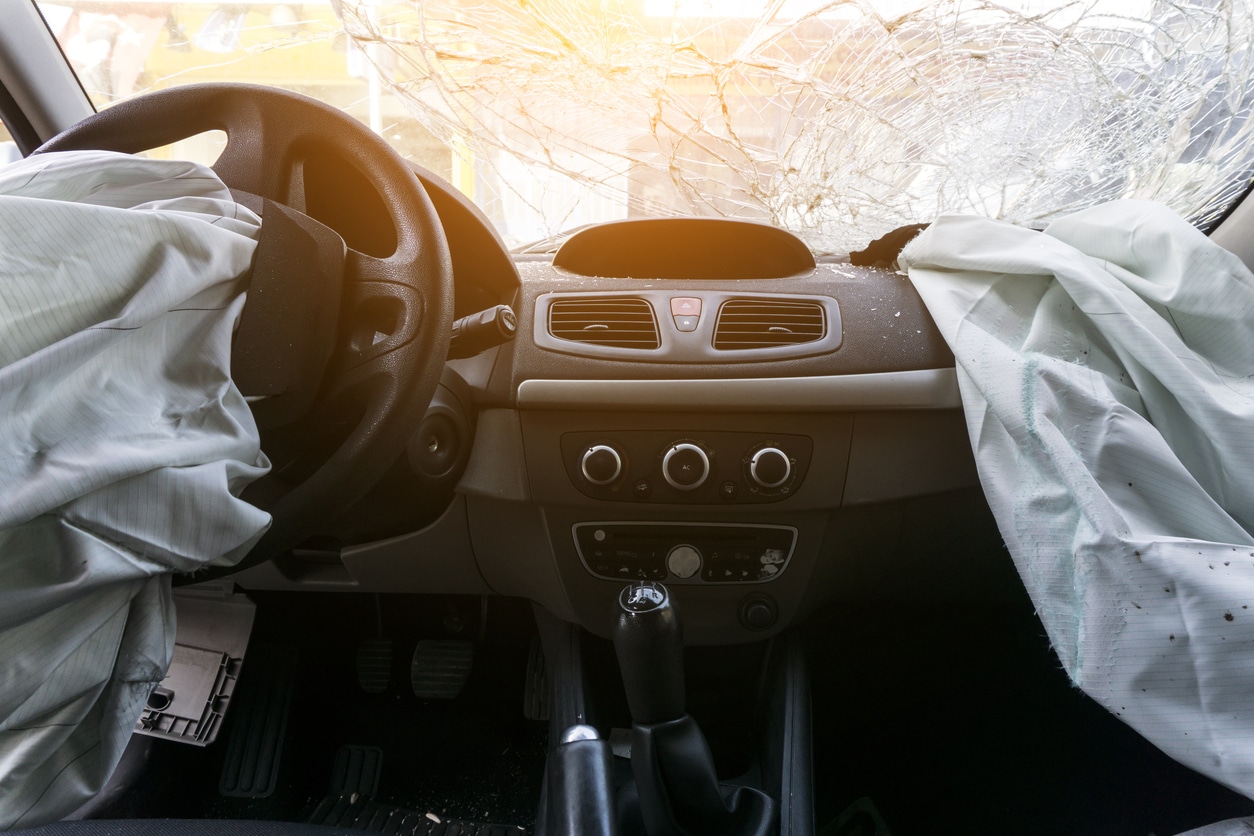Frequently asked questions about car accidents in Massachusetts
Published in Car Accidents on March 22, 2019

Reading Time: 3 minutes
Many drivers who experience car accidents have questions, particularly when it comes to their legal options after a crash and what type of recovery they can expect from a lawsuit. Below are some of the most frequently asked questions concerning car accidents in Massachusetts.
How Much Is My Car Accident Claim Worth?
Car accident lawsuits can involve many types of damages, and the court typically divides them into “economic” and “noneconomic” damages.
Economic damages have a provable monetary value. This means the plaintiff can prove the amount of a particular type of damage with documentation such as receipts, invoices, or other financial documents. Economic damages often include things like medical expenses, property damage to a vehicle and other belongings, and lost income from time missed from work.
Noneconomic damages are more difficult to assign monetary values. Pain and suffering is the most commonly claimed noneconomic compensation in personal injury claims. The court acknowledges that a victim’s negative experiences caused by a defendant’s actions are compensable, and pain and suffering damages are usually several times more than a victim’s claimed medical expenses.
For example, a claimant with $10,000 in medical expenses could expect $20,000 or more in pain and suffering damages depending on the severity of the injuries in question.
Should I Call The Police After My Accident?
Massachusetts law requires drivers to call the police to report any accident resulting in property damage, injury, or death. If there is any room for doubt whether or not an accident warrants a call to the police, err on the side of caution and report the accident.
It’s better to report a minor accident than to assume you don’t need to notify the police and suffer the consequences later. Failure to notify the police could complicate a future lawsuit or even result in legal penalties.
How Do I Prove Negligence in an Accident?
Proving negligence in a car accident lawsuit or any other personal injury claim requires proving four elements of negligence in court. First, the plaintiff has to prove that the defendant owed the plaintiff a duty of care in the given situation. This typically requires proving the defendant was present at the scene of the auto accident.
Next, the plaintiff must show the court how the defendant breached his or her duty of care as a driver. This could be through a specific action such as texting while driving or driving under the influence, or inaction when a certain action would have been appropriate, such as failing to address a known defect or maintenance issue with a vehicle.
After establishing the defendant’s breach of duty, the plaintiff must then prove the link between the defendant’s actions and the plaintiff’s damages. Essentially, the plaintiff must prove that the defendant’s negligence directly caused the plaintiff’s damages or prove that the plaintiff’s damages would not have occurred but for the defendant’s negligence.
Finally, the plaintiff must provide clear evidence of the extent of his or her damages. If the plaintiff suffered no loss or injury, there is no claim.
What If I Was Partially to Blame for the Crash?
Massachusetts follows a comparative negligence law. This means that a plaintiff can still recover damages even if he or she was partially at fault for the accident in question. The jury will assess the facts of the case and assign the plaintiff a “fault percentage” when appropriate.
If the plaintiff’s fault is less than 51%, he has the right to recover damages. The plaintiff will then lose a portion of his or her settlement or case award equal to his or her percentage of fault for the accident. As long as the plaintiff’s percentage of fault is less than the defendant’s, he or she can still recover compensation.
For example, if a plaintiff is 30% at fault for a $100,000 case, he or she will only receive $70,000 for winning the case.
For more information, call our law office at (617)-391-9001. Or if you would prefer to email us, then please visit our contact page.
Comments are closed.










